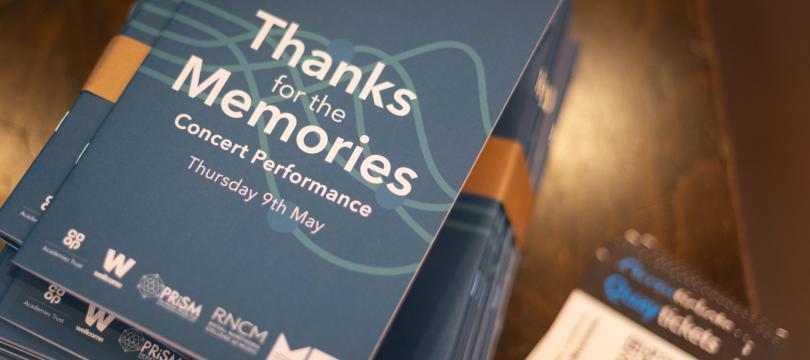The StAR project (school students as researchers)
This case study outlines one of the activities that took place in year one of the University of Bristol hosted SUPI project.
The activities described in this case study were delivered through the School-University Partnerships Initiative (SUPI). Funded by Research Councils UK, SUPI involves 12 universities working in partnership with local schools, with coordination support from the NCCPE. SUPI projects aim to develop more effective engagements between researchers and school pupils, and to inspire a broader range of pupils to develop inquiring minds by engaging them in a diversity of exciting hands-on research related activities.
This case study outlines one of the activities that took place in year one of the University of Bristol hosted SUPI project.
Lead organisations
Graduate School of Education, University of Bristol and the Cabot Learning Federation
Project summary
This project was led by Dr Sue Timmis (Graduate School of Education) and a lead teacher at King’s Oak Academy, part of the Cabot Learning Federation. StAR brought together PhD and postdoctoral researchers from the School of Education with young people in school, aiming to raise aspirations and develop pupil understanding of research by supporting pupils in the development of their own research projects.
Project aims
- To inspire school students about doing research and raise their awareness of the work undertaken by universities
- To be driven primarily by the pupils’ ideas, shaped and supported by working with University PhD and postdoctoral researchers
- To support school pupils to investigate their own learning
- To support researcher development and offer opportunities for capacity building for those seeking postdoctoral work
Project outputs
Organised into four groups, the school students were encouraged to think about ideas or issues which might impact on their learning experience. Each group came up with a question which was then shaped and supported by the postdoctoral researchers into a mini research project. The questions the students decided to tackle were:
- Does having more than one teacher in a subject have a negative impact on students' learning?
- Do parents put pressure on children? How do children react to that pressure?
- Do the school facilities affect learning?
- Does putting background music on in lessons affect learning?
Running alongside the development of the students’ research projects, the postdoctoral researchers planned and delivered 10 fortnightly sessions over a period of six months, all of which took place after school. The workshops introduced the students to aspects and approaches to research including data collection, analysis and presenting and dissemination of findings. During these sessions, the students took part in challenging discussions about concepts such as subjectivity and objectivity and the role of interpretation.
As an important part of the experience, the students made two trips to the University of Bristol to meet members of staff and to see where high level research takes place. These visits included a talk from the education subject librarian, participation in a research session within the Graduate School of Education and a trip to the Wills Memorial building to see where degrees are conferred. This helped them to see the university as a less intimidating, more exciting place and allowed them to feel more confident about asking questions.
Five of the students came together to make a final presentation at the end of the StAR project. The presentation was delivered at the John Cabot Academy (to teachers from across the Cabot Learning Federation) and at the University of Bristol’s Graduate School of Education (to doctoral students, GSoE staff and interested members of the public and teaching profession). The presentation consisted of the students’ personal accounts of their experience, which showed an understanding that research can be “as little as using Google”, to finding a cure for cancer.
Project outcomes
The school students were able to experience most aspects of the research cycle and reflect upon what they were and were not able to achieve. The school students also benefited from the mentorship of the university researchers as strong positive role models. Several pupils commented that taking part in the project had inspired them to go it university, while another student described how the experience made her feel
“more self-assured and confident about applying for university. I feel more ambitious and ready to meet the challenges university will bring when the time comes.”
The researchers also benefited, by having the opportunity to design and develop a research related initiative and work with research users such as staff and students in schools.
The StAR project is a great example of how collaborative engagement activities bring opportunities to all parties. Through SUPI and initiatives such as StAR, the University of Bristol is building mutually beneficial, sustainable relationships with local schools.
Keys to making it work
- Empowering the pupils by supporting their understanding of different research methods
- Sustained commitment from the school and teachers involved

